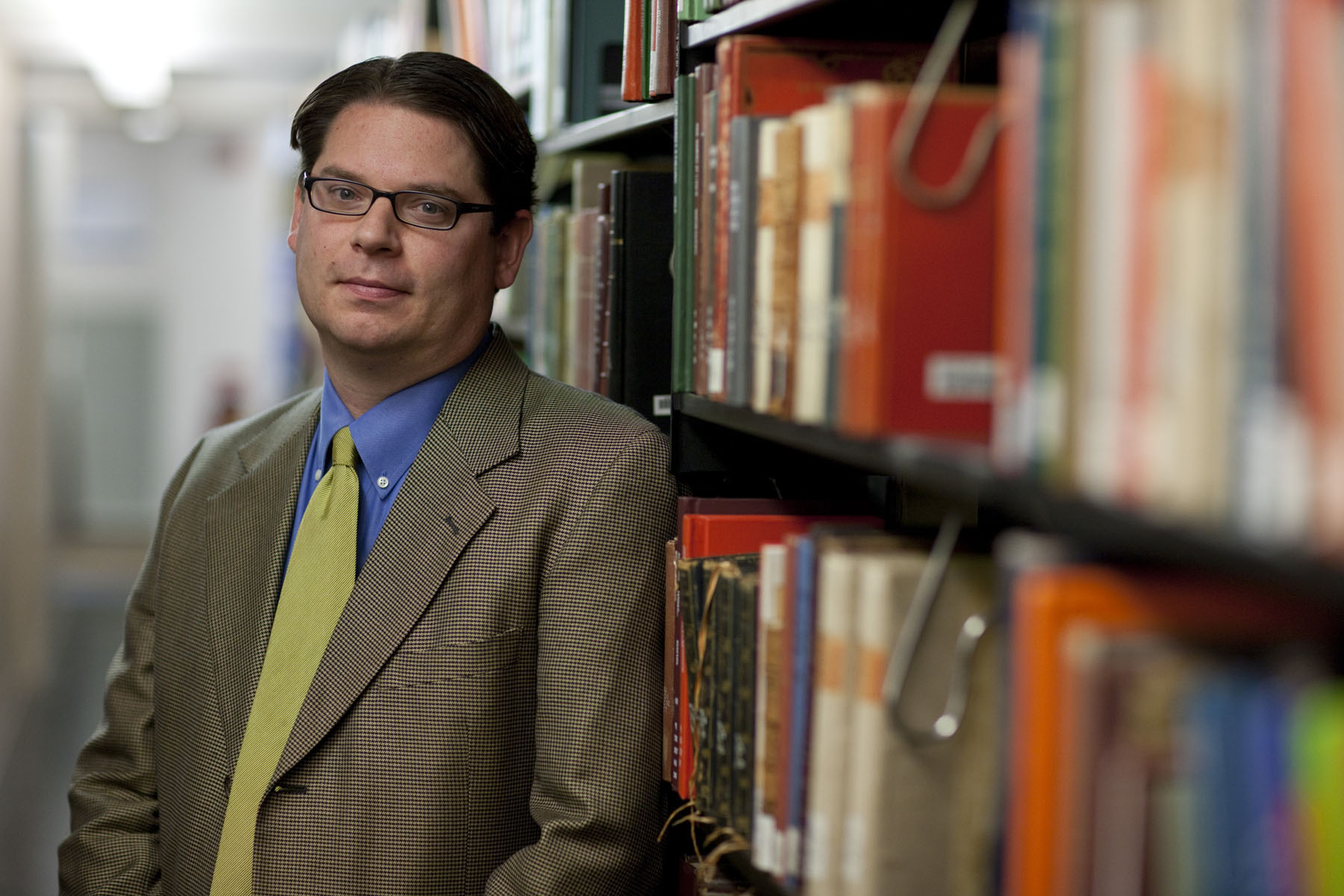It can be hard for couples to make time for date nights or other one-on-one time, but doing so weekly – and not just on Valentine's Day – is linked to lots of relationship benefits, a new study finds.
Couples who manage to devote time specifically to one another at least once a week are markedly more likely to enjoy high-quality relationships and lower divorce rates, compared to couples who do not devote as much couple time to one another, according to "The Date Night Opportunity" report from the National Marriage Project at the University of Virginia.
Couples who spend more time together also report higher levels of communication, sexual satisfaction and commitment, the report finds. Weekly couple time also offers both married and unmarried, cohabiting couples a chance to de-stress and to engage in novel activities that are fun, active or otherwise arousing – from hiking to dancing to travel to card games – which are associated with higher levels of relationship quality. In other words, couples may be particularly likely to benefit from a regular date night if they use it as an opportunity to do more than that old standby: dinner and a movie.
"Taking time for your relationship – whether outside the home or inside the home – is good for your relationship health," said report co-author W. Bradford Wilcox, director of the National Marriage Project and an associate professor of sociology in U.Va.'s College of Arts & Sciences. "This isn't rocket science, but it's an important reminder."
The report is co-authored by Jeffrey Dew, a faculty fellow at the National Marriage Project and an assistant professor of family, consumer and human development at Utah State University.
"Couple time" seems to be particularly valuable, the report finds, for couples who are less integrated into the local civic or religious fabric of their communities or for those less committed to one another.
These couples may be especially likely to view their marriage according to a "soul-mate" model of married life that sees marriage as primarily an expression of romantic love, or to depend heavily upon their spouse for emotional support, given their relative social disengagement, Wilcox said. "For couples with a more fragile foundation for their marriage, they need to devote more time to one another to keep their marriage strong."
"It's great to have a date night on Valentine's Day," Wilcox said. "But couples should keep up their couple time well beyond Feb. 14."
There are no nationally representative surveys with questions directly addressing date nights, so the new report looks at the closest proxy: data on one-on-one couple time, which would include date nights as well as other activities.
The report reviewed social-science literature on relationships and analyzed data from two data sets: the Survey of Marital Generosity – a nationally representative survey of more than 1,600 married heterosexual couples aged 18 to 55, conducted in late 2010 and early 2011 – and the first two waves of the National Survey of Families and Households, a nationally representative survey of more than 10,000 adults (some married, some cohabiting), conducted from 1987 to 1994. Both surveys asked individuals how frequently they spent time in an activity alone with their spouse or partner.
Further research is needed that focuses on date nights in particular, Wilcox said. But if date nights offer the same benefits as couple time, then recent grassroots efforts to promote date nights around the nation – from the "Date Night Challenge" in Palm Beach, Fla., to "Yelp's Date Night Chicago" to "The Great Date Night" in Chattanooga, Tenn. – may also foster higher-quality relationships and lower divorce rates in their sponsoring communities.
— By Brevy Cannon
The National Marriage Project, founded in 1997 at Rutgers University, is a nonpartisan, nonsectarian and interdisciplinary initiative now located at the University of Virginia. The project's mission is to provide research and analysis on the health of marriage in America, to analyze the social and cultural forces shaping contemporary marriage and to identify strategies to increase marital quality and stability. Directed by Wilcox, an associate professor of sociology at U.Va., its publications include the annual "State of Our Unions" report.
Media Contact
Article Information
February 7, 2012
/content/make-date-night-habit-report-advises-weekly-couple-time-relationship-booster

